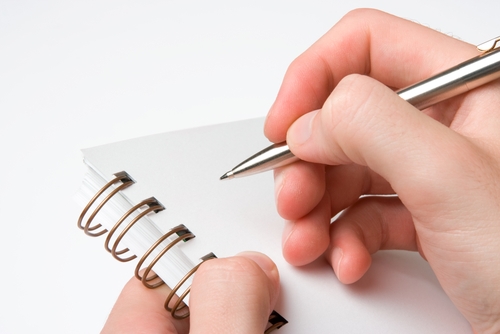There are a number of items that have made the switch from paper to digital, including cards, newspapers and even books. Having these things instantly available online makes them convenient to access, no doubt. When I’m in a hurry in the morning, it’s nice to be able to read the latest news right on my smartphone. However, that’s not to say paper doesn’t come with its own benefits as well.
Memory and paper reading
According to a study conducted by Anne Mangen, a researcher from Norway’s Stavanger University, those who read Kindle books remembered significantly less than those who read hard copies of the same books. Participants in the study were asked to remember details about characters, settings, plot, etc. Those who read the hard copies were able to reconstruct the plot much better than the people who read the Kindle version.
“This very gradual unfolding of paper as you progress through a story is some kind of sensory offload, supporting the visual sense of progress when you’re reading,” Mangen explained to Inc.com. “Perhaps this somehow aids the reader, providing more fixity and solidity to the reader’s sense of unfolding and progress of the text, and hence the story.”
Note taking
In a similar vein, there was a study conducted by researchers at Princeton University. The study showed that students who took notes by hand were able to remember much more of what they wrote down when compared to those who took notes on a keyboard. I typically find that while jotting things down on my laptop is fast, physically writing notes helps the information stick much better in my mind.
So what does this mean for you?
While there may not be a study directly relating to letters, cards or memos, these two studies do make you think about how you communicate with friends, family and fellow employees. It may be much more beneficial to send your co-worker a paper memo instead of a digital one so that the information soaks in better. The same goes for holiday cards. An email may not be easily remembered by customers, while a card gives them something tangible they can read, hold onto and remember. A physical card could mean that client remembers you in the future when they need your particular product or service. Taking notes in a meeting might prove more successful when writing on paper rather than typing them out on your laptop.
“There is physicality in reading, maybe even more than we want to think about as we lurch into digital reading – as we move forward perhaps with too little reflection,” Maryanne Wolf, a developmental psychologist and cognitive scientist at Tufts University, explained to the Scientific American. “I would like to preserve the absolute best of older forms, but know when to use the new.”
As technology progresses, it’s important to think about how it’s impacting your daily life. Just because electronic cards are available doesn’t mean they’re necessarily better than the paper variety. However, it may be better for the environment to opt for online billing instead of receiving paper statements in the mail. Each medium comes with its own benefits, and considering the implications that follow after using digital and paper methods is crucial.

